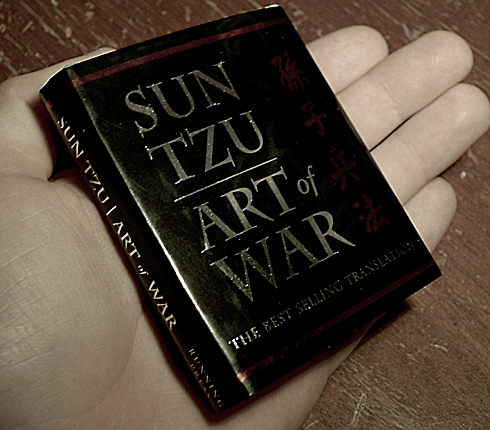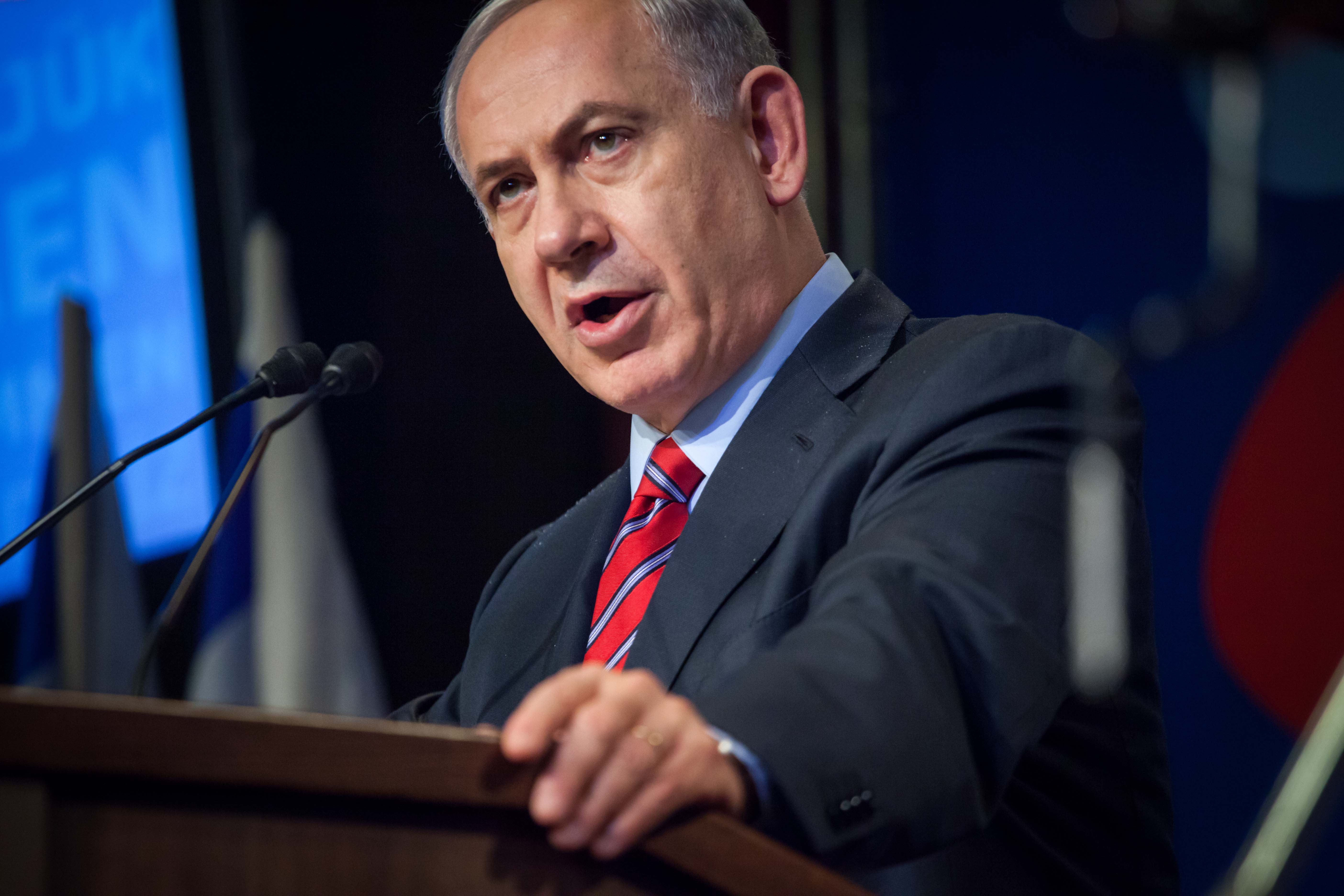Rather than react emotionally to public and diplomatic attacks on Israel, Seth Frantzman proposes a plan on how to bypass or frustrate them.
Time and again, Israel and its supporters have been surprised by the negative response to her military operations • But an examination of the evidence shows that they are easily predictable • Now all Israel needs to do is formulate a savvy and sophisticated approach to counter these problems • Seth Frantzman explains how it can be done

On August 7th, several hundred protestors gathered outside of CNN headquarters in New York. “The media has ignored the Israeli side of the conflict,” one attendee told reporters. They were unhappy with the media coverage. But they shouldn’t have been surprised. For decades, the international media has been outright hostile to Israel, its narrative crafted into common clichés of ‘David and Goliath’ and Palestinian khaffiyeh-clad victims and muscle-bound Israeli oppressor-soldiers.
Each conflict, Israel supporters rediscover the wheel. Each time, they express shock and sadness as international probes are launched. Each time, they expresses frustration as the UN, Arab League and US work to create a ceasefire before Israel can bring the conflict to a successful close in its favor. Massacres, manipulated or not, are always pinned on the state.
Israel needs to get ahead of the game; it may have numerous war-fighting plans, and thousands of targets listed; but its strategic thinking regarding diplomacy is constantly ill-prepared, reactive, and sometimes totally naïve. Israel must seize the initiative and change the rules in its war fighting strategy if it is to hold onto the momentum – like a surfer riding a wave, always ahead of it.

The patterns of the past
So what can be learned from the last rounds of conflict with the Palestinians, including Hamas and Hezbollah for future strategy? Mostly, that Israel must understand that time is always against her in operations, resulting in an eerily predictable series of events so exacting they are almost "war by timetable" per Barbara Tuchman's misused term for the breakout of WWI.
Since the Second Intifada, the timetable for events for each round of conflict can be broken down thus: The date of the outbreak of hostilities; the beginning of a worldwide campaign of popular demonstrations against Israel that focus on changing government attitudes and forcing Israel to stop; the UN condemnations of Israel’s actions (vetoed or not); the inevitable photogenic and iconic photo of Arab dead that focus world attention against Israel; the resulting ceasefire; the launching of a UN human rights war crimes probe; the erosion of Israel’s international standing whether or not deterrence is achieved.
The Second Intifada is the longest of Israel’s recent conflicts. It began in September of 2000 and didn’t end until 2005. The death of Mohammed a-Dura can be considered one of the iconic images Israel wrestled with explaining, but it is worth looking at the battle of Jenin as a test case. In April of 2002, the IDF entered the Jenin refugee camp and after a fierce battle, succeeded in wiping out the Palestinian gunmen holed up in the camp. Immediately the story was that Ariel Sharon had committed a “massacre.” The UN launched an investigation that Israel blocked from entering the camp; and Human Rights Watch and Amnesty International charged Israel with war crimes.

Israel successfully weathered the international storm of the Second Intifada, but fared less well in the Lebanon War of 2006. From the 12 of July to August 14, Israel fought Hezbollah. A UN ceasefire was approved on August 11 which necessitated Israel launching its ill-fated ground incursion in the last days of the war. A July 30 airstrike on a building in Qana resulted in 28 civilians being killed, which helped tilt public opinion against Israel. Saturday the 5th of August was one of the major protest days of the war, with 100,000 gathering in London. A major UN investigation was avoided but Human Rights Watch accused Israel of war crimes in the midst of the conflict.
Operation Cast Lead in Gaza from December 27, 2008 to January 18, 2009 resulted in dismal results for Israel. In the wake of several well-known killings of civilians, such as the assault on the Zeitoun neighborhood where 48 residents were killed and the killing of Dr. Abuleaish’s wife and three daughters, the Goldstone commission was launched in April and released its findings in September.
Weathering the storm of Goldstone, who retracted some of his findings, might have served as a lesson for Israel during Operation Pillar of Defense from 14-21 of November 2012. Israel avoided a ground incursion into Gaza but was still accused of war crimes by Human Rights Watch. Operation Protective Edge from 8 July to 25 August 2014 involved the same round of UN measures, reports of massacres (at a UN compound and on a beach) and threats of investigations and mass rallies against Israel abroad.
The recurrence of the same events, regardless of government or location, is instructive. On the one hand, the instinctive actions against Israel are troubling and sometimes diplomatically dangerous. On the other hand, their sheer predictability and constancy mean that Israel can plan to meet them well ahead of an actual military operation.

The playbook
In 2011, Hebrew University Professor Yehezkel Dror published ‘Israeli Statecraft: National Security Challenges and Responses,’ which argued Israel had a very weak grasp on strategic planning. Given this fact, it is worth to provide a few ideas.
Accept the situation: Israel’s standing in the international media will not change. Recently StandWithUs published a meme showing how Egypt was bulldozing the homes of thousands of families on the border of Gaza and the world was silent. They noted when Israel had defended itself against Hamas last summer there were “riots in the streets, 24/7 press coverage, emergency UN meetings, international condemnation.”
That isn’t going to change. The winds of bias and double-standards are not going to dissipate. That doesn’t mean Israel should give up on ‘hasbara’, but it does mean that the most effective policy is acknowledging the strategic position and not being surprised.
Shut up and act quickly: Once Israel declares the beginning of an operation it immediately has to start the clock ticking. Every event, from the mass protests, the UN meetings, the international condemnations, begin within weeks after the operation begins. But Israel can achieve a great deal without announcing numbers of men to defend itself against Hamas. In the last war Israel announced the start of the operation and then called up 16,000 reserves on July 30. It acted like an anaconda, slowly putting the stranglehold on Gaza, one piece at a time.
That is playing the Hamas game and pretending that time is not an element in the strategic equation. If the military assessment is that a ground operation is necessary, why not call up reserves a week before the operation (and keep it as quiet as possible)? Why not move armored battalions into their staging areas weeks before? Why throw them in piecemeal after announcing in some blustering unnecessary and nonsensical speech that “Israel will defeat terror”?
Speechmaking, blustering and threats should be kept at a minimum. The quieter Israel is and the longer it waits before declaring the start of operations, the longer it has to prepare the ground and do extensive damage. International players have a hard time condemning pinpoint strikes that seem to be random in the build-up to an operation. Similarly it is hard to organize a mass protest against a country accused of “pinpoint raids on apartment buildings.”

Welcome international investigations: Israel has never gained anything by fighting against international investigations. What is the worst that can happen by having an investigation of “war crimes”? International delegations should be welcomed, wined and dined. Lip service should be paid to how important they are and how Israel wants to cooperate fully with them.
Third world countries that routinely abuse human rights have long understood that saying one “loves human rights” goes a long way in the world. Israel often comes off as overly defensive, grouchy, hostile, angry and hateful. There is no reason for that. At the end of the day, the soft-lobbying to get Goldstone to recant his accusations was more effective than all the bluster. Maybe if he had been coddled from the start he would never have written a scathing report.
That doesn’t mean it isn’t also good to expose the anti-semitism and anti-Israel record of some of these investigations. Richard Falk was disgraced through his anti-semitic online connections. The current investigator Mr. Schabbas has been shown to be deeply biased. But this should be done shrewdly and carefully, as part of a thought-out plan rather than what looks like an emotional tantrum.

Express regret (NOT accepting responsibility) copiously for civilian casualties: There is no evidence that ignoring civilian casualties or allowing the “Pallywood” accusations and arguments that “they are all combatants” has helped Israel. Blaming Hamas for placing weapons in civilian areas has been partially effective, but always shifting the blame to Hamas for the deaths of civilians wears thin as an explanation.
Countries have never fallen over being too outspoken about civilian casualties. You never heard a story about a country “lost a war because its government expressed regret.” Israel’s spokesmen should express regret often and copiously for the obvious tragedy that is inflicted when young children are killed; it is easy to do this without admitting moral or criminal responsibility. Not every expression of regret is a repeat of the a-Dura error, when Israel pre-emptively accepted responsibility, rather than just express regret, for a killing the IDF was probably not responsible for.
Don’t play by Hamas’ rules: Hamas is a calculating organization. Its rocket barrages are well thought out, as are its attempts to let other organizations carry out attacks and then feign ignorance. Not every rocket needs to be responded to. Israel is perfectly capable of doing nothing for a period of time and striking at a time of its own choosing.
When Wellington positioned his army in front of the forest of Soignes at Waterloo, he told his staff officers “I saw this ground a year ago and I’ve kept it in my pocket.” There is no shame in not responding to every Hamas provocation. There is much to be gained by surprising Hamas when it least expects it. Israel has not often been rewarded by the international community by weathering the storm, one of the considerations that led to the 1973 disaster. But Hamas is not Egypt in 1973 and there is much to be gained by forcing Hamas or other groups to play by Israel’s timetable.
For too long Israel has been in a cycle of on-again-off-again war. Strategic game changers have given Israel hope that each new round can be waged in its favor. Iron Dome, the overthrow of Morsi, and other elements have worked in Israel’s favor. But Israel still faces major threats from a combination of Hezbollah, Hamas and unrest in the West Bank. Strategy consists of thinking, now, how to confront the worst case scenarios. We have the enemy's playbook, both militarily and diplomatically. It's time we figured out how to beat it.
To receive updates on new articles in English, join Mida on Facebook or Twitter or join our mailing list.




